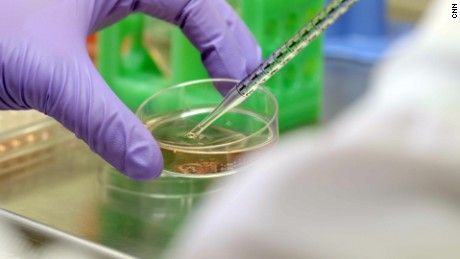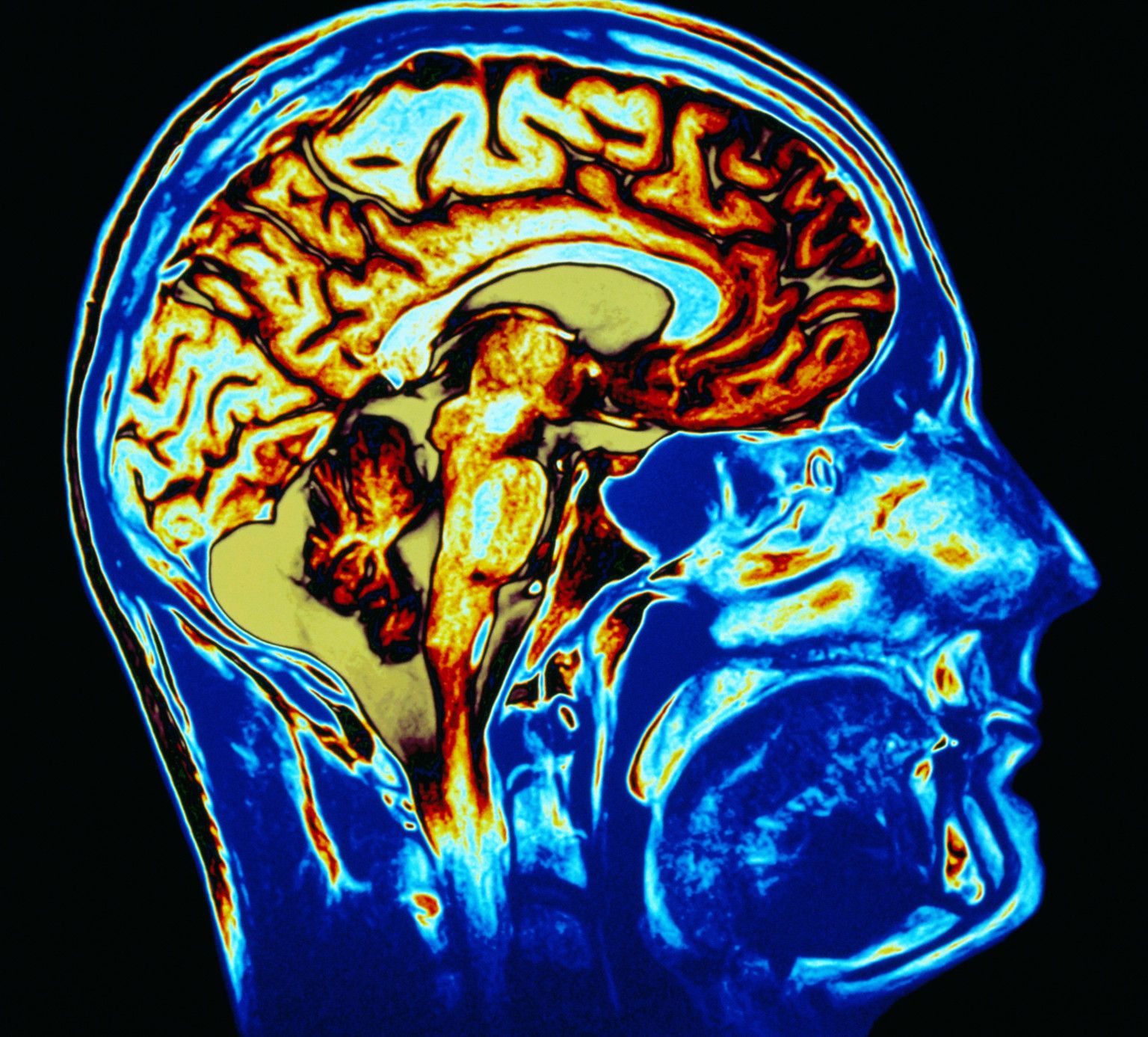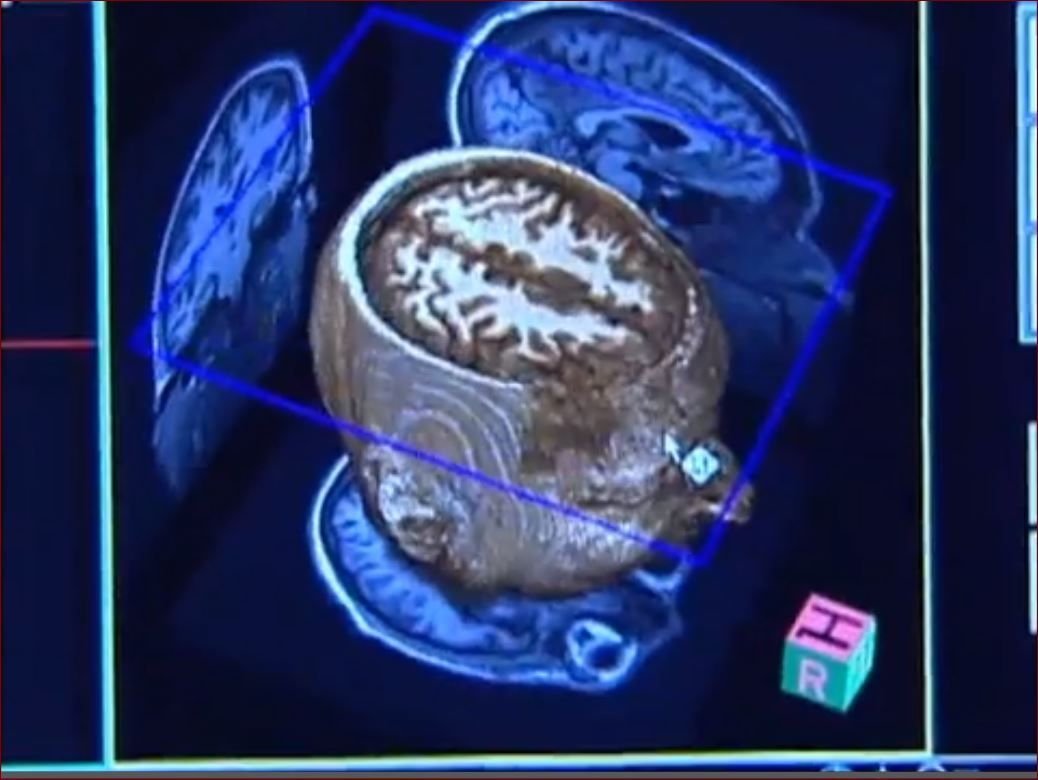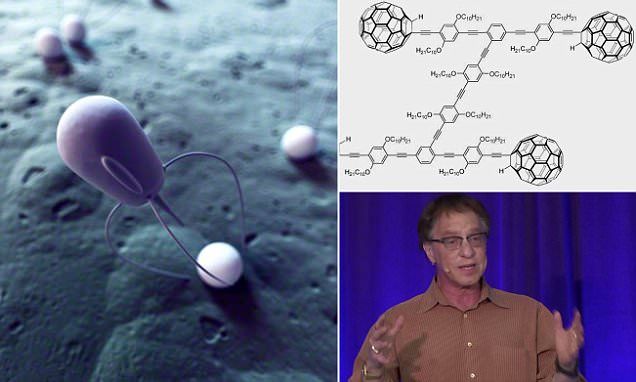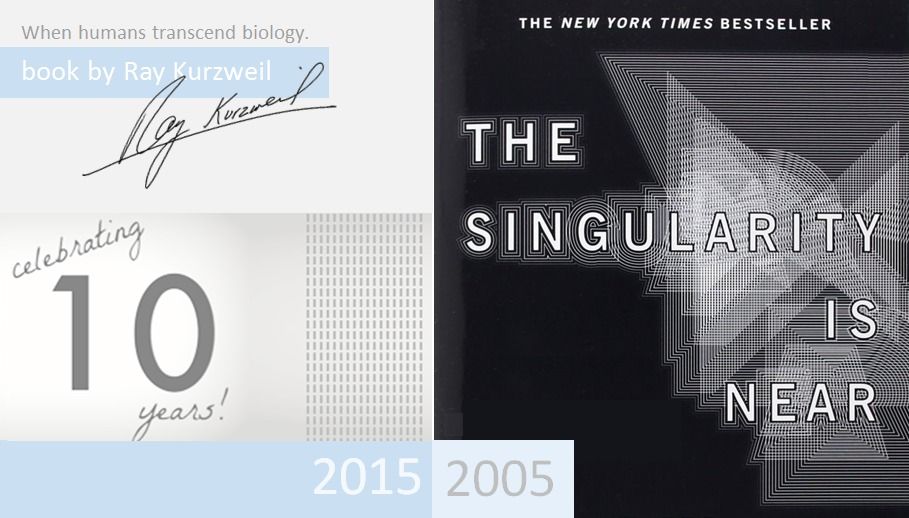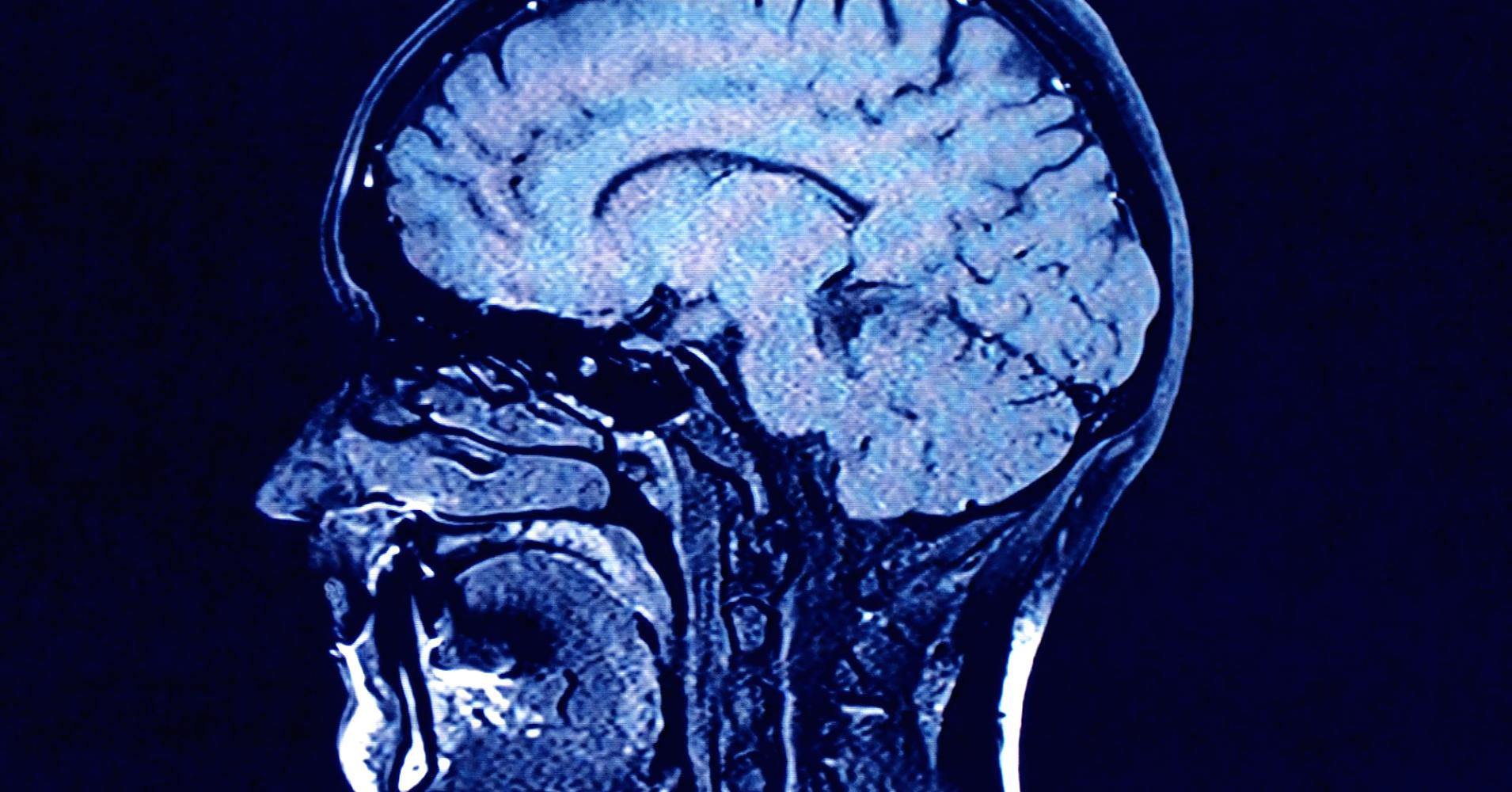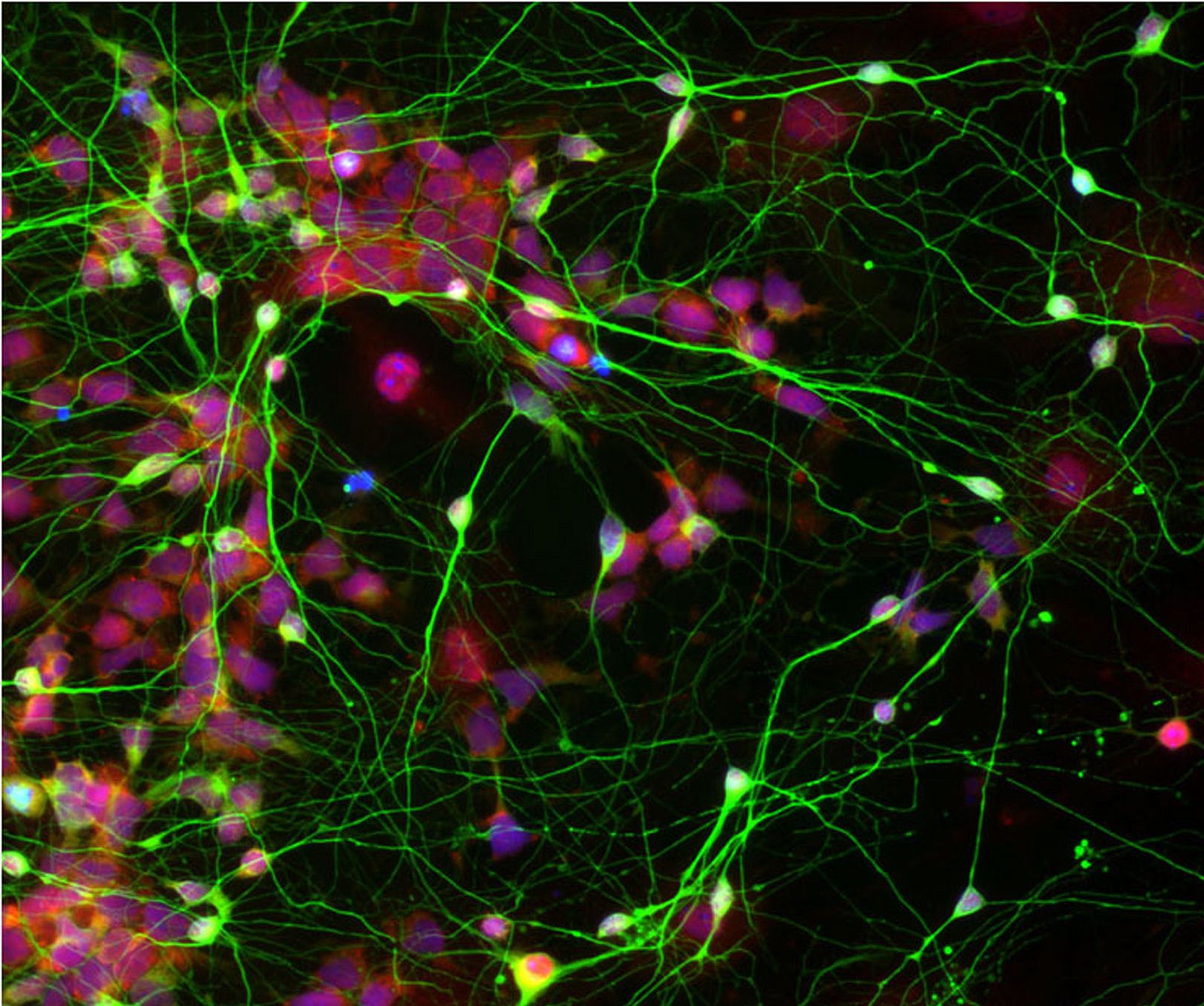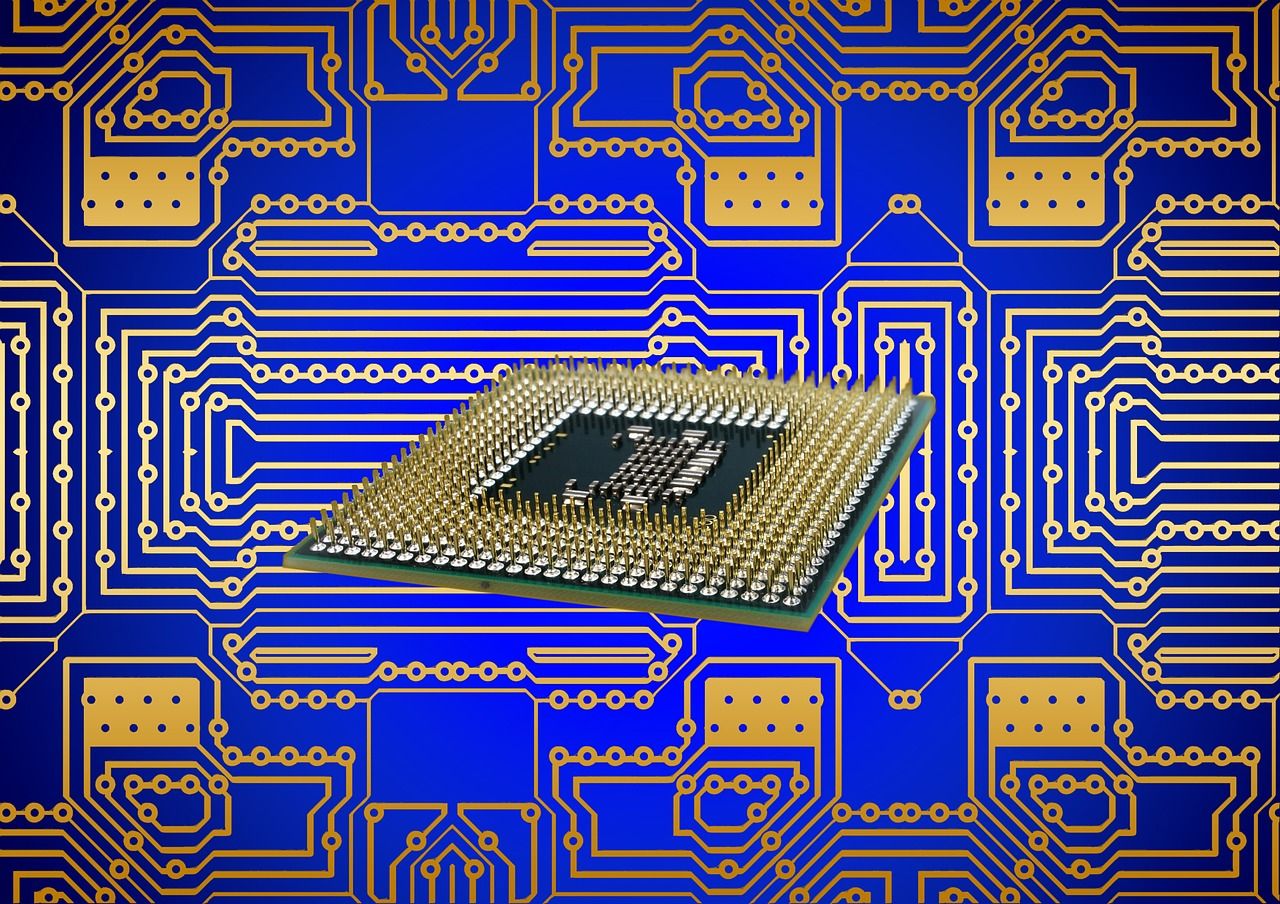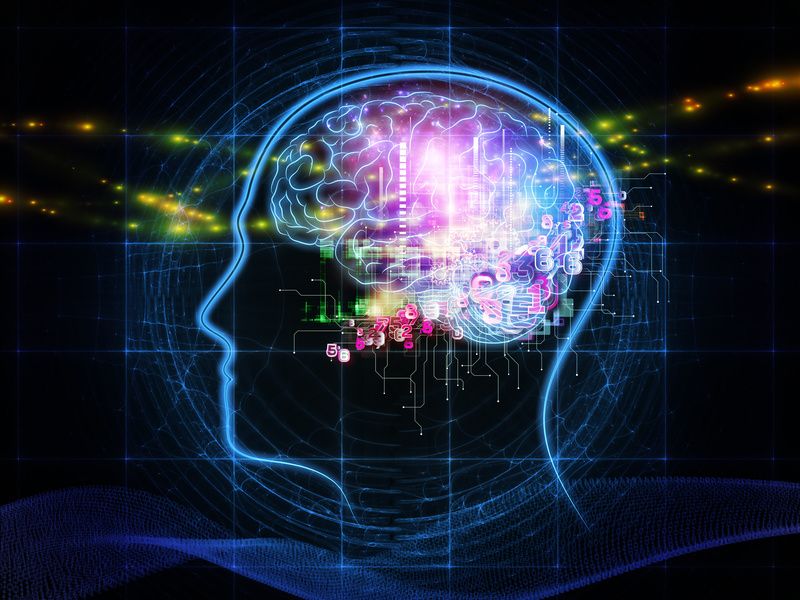
Memory loss is a truly devastating part of dementia, but this invention aims to fix that by bypassing the damage, and repairing long term memory.
Alzheimer’s and dementia are complex diseases, and there’s currently no effective treatment. Given the unpleasant nature of the disease, there’s an urgent need for results. Instead of taking the usual biological route, one team has constructed a prosthetic made up of a small electrode array — which can help re-encode short term memory into long term.
Built using decades of research, the device operates using a new algorithm based on accumulated neural data. New sensory information is normally translated into a quick memory and transported as an electrical signal through the hippocampus, potentially for long term storage. If this region is damaged then the process is disturbed, and new experiences fail to be encoded. Alzheimer’s patients can often remember childhood events, but struggle with recent experiences; specifically because of this hippocampal damage.
Read more
